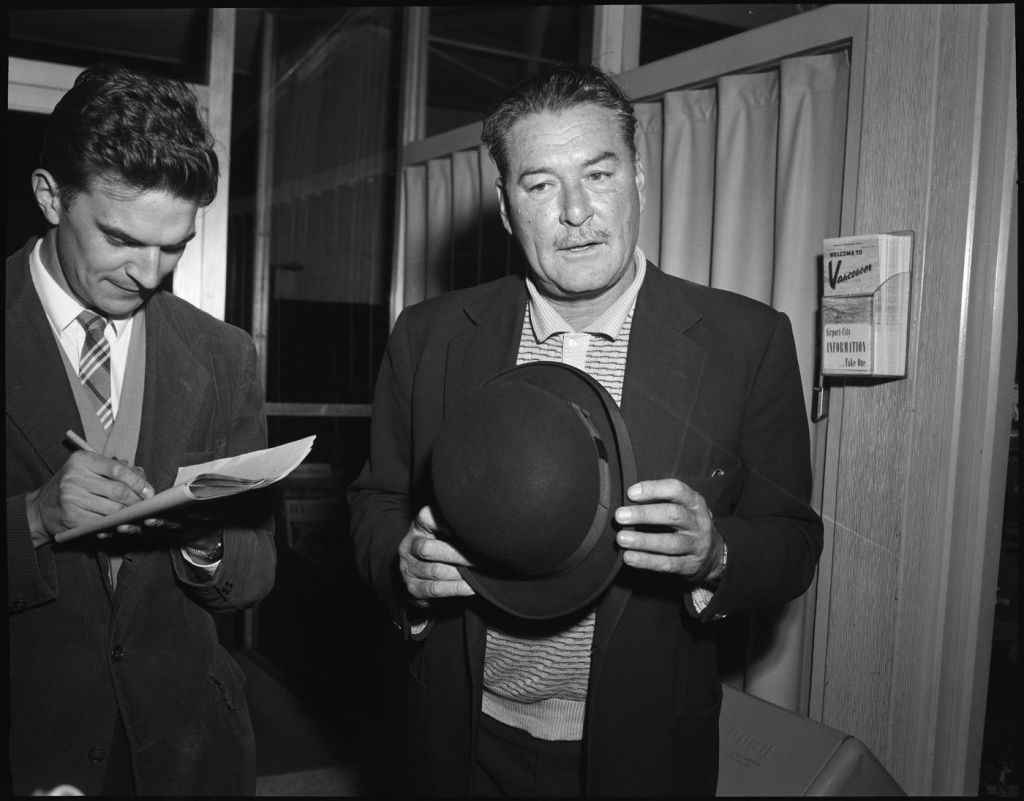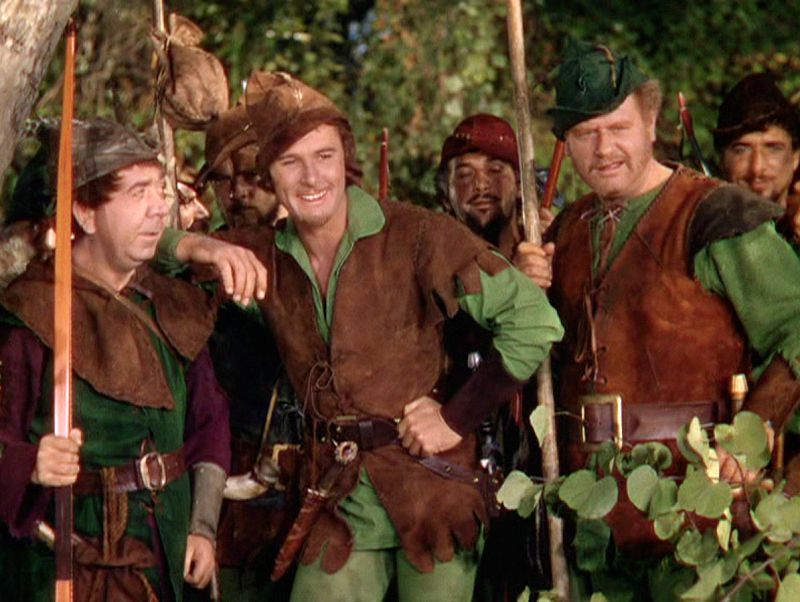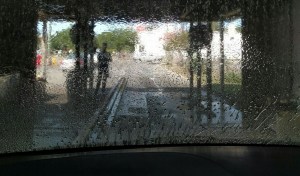With the upcoming 250th anniversary of our country looming large, I have set out to read a number of books detailing the time period around our country becoming its own nation. I love our country and want to explore more of its humble beginnings.

The first book I have been reading on that subject this year is entitled Founding Martyr: The Life and Death of Dr. Joseph Warren, the American Revolution’s Lost Hero. I was turned on to this book several years ago when my wife & I visited Boston. During an excellent informational tour, the guide told our group about Dr. Warren. He continued stating that if he had not died at the pivotal Bunker Hill battle against the British in 1775, he would have become our first president. That is how popular Dr. Warren was in the days leading up to the Revolutionary War. I had never even heard of the man so I was determined to learn more about him.
Fast forward to a few days ago. While reading the first part of the book, I was struck by the advanced and stringent educational standards which existed during this time in our country. I’ve always loved education. I actually enjoyed most of my schooling from K-12 grades. I always considered myself a solid students and generally received top grades. However, while reading of Joseph Warren’s upbringing, I was reminded of how drastically our educational standards have slipped.
As a pastor, I remember reading about Jonathan Edwards (of Sinners in the Hands of an Angry God fame) and how intelligent he was. Edwards entered Yale College at the age of 13, graduated with his Bachelor’s at 17 and then proceeded to get his Master’s at the young age of 20. I must have thought he was a prodigy or unusually bright student. Perhaps he was. However, upon reading of the students of Warren’s day, I’m inclined to believe that the educational standards back then were far superior to today’s standards.
For example, in 1751, when Warren was around 10 years old, his parents sent him to Roxbury Latin School. Latin school at 10 years old! Most ten-year-olds today struggle to read their native language – that of English. Warren attended Roxbury Latin for four years, preparing for college. One of Warren’s assigned texts was the 1720 English and Latin Exercises for School Boys, on how to write and speak Latin. According to the book, “four years at Roxbury Latin made him well versed in religion, the classics, and the rule of grammar.” p.33
As I read this, I was dumbfounded. Why? As an American society, we have dropped the ball educationally. And the results are far reaching. A wave of young people are being pumped out of our schools that can hardly read or write. Their math skills are also atrocious. And yet, before our country was even officially founded in 1776, boys like Joseph Warren were enrolled in and expected to excel in their studies in Latin preparing them for Harvard college! We coddle, indulge, and pamper our youth from birth until (and often through) college. It’s no wonder there are very few “Joseph Warren’s” being raised up in our homes anymore. The book stated that Warren was a “propagandist, polemicist, author, orator, professor, and ultimately a major general, as well as a doctor, mentor, and a spymaster.” And he died at the young age of 34-years-old in battle.
Why was Warren such an extraordinary figure to us today? Well, for one, he was raised (as most youth were back then) by parents who were not afraid to raise their families for God and required HARD WORK from the children.
Raised on the farm, where the lessons of industry and honest labor were taught by example and preached almost as much as the Bible, the future revolutionary came from a hard-working household…Warren’s humble beginnings forced him to work long, hard hours of intense manual labor…Given the frigid New England temperature, Warren would have been tasked with keeping firewood stockpiled for the house. p.21
Warren graduated from high school and applied for admission to Harvard at the age of 14 years old. 14 YEARS OLD! I chuckled to myself when I read the following excerpt about what young Warren had to complete to be accepted at Harvard:
To take part in the admissions exams, Warren likely made the five-mile trip from Roxbury to Harvard on horseback. Ralizing the importance of appearance, particularly for the son of a farmer, he arrived outfitted in his finest cotton and silk garments, a wig, a pair of leather shoes, and knee breeches. We can imagine the nervous youth making his way into the hushed and shadowy exam room. On July 18 he presented himself to the faculty to be “examined before the tutors,” who tested his ability to write and translate Greek and Latin authors, as well as his knowledge of the “rules of grammar.” p. 34
Why did I chuckle? Because I thought to myself that you would never see this nowadays. Several things about this paragraph struck me. First, most 14 year-olds today wouldn’t even be allowed my their moms to leave home without mom taking them, much less ride themselves horseback five miles away. Second, he was trained as to the importance of his appearance for an important event such as this. Stories are legend today that most teens/college students show up for important interviews (job, college, tests, etc) in nothing but sweats and hoodies looking like they just rolled out of bed. Third, at the age of 14, he was put to the most stringent examination regarding Greek, Latin, and the rules of grammar. Today’s students (even most college students) would have floundered miserably, unless they were tested on their knowledge of Fortnight or how to use a cell phone.
Joseph Warren began his first term in Harvard in mid-August 1755 at the ripe age of 14. As I continued reading about their schedule, their school day BEGAN at 6am. How did they manage to begin so early? Maybe it’s because they weren’t up until the wee hours of the morning playing video games!
I could go on and on and on but I digress. Our willingness to allow education standards to slide to the degree they are today have showed up everywhere. From the classroom to the Sunday School room to the work office to the homeschool room. From a practical perspective (and from this pastor’s perspective), it has really shown itself in our current generation’s struggle to read. I cannot seem to convey to people enough the importance of learning to read and to read well. If we can teach our youth to learn to read well and import a love for reading, this will go a long way. It will help any type of student. It will help the person trying to grow in their reading of the Scriptures. It will help the mechanic that will need to look up auto specs on a computer. It will help nursing students and doctoral students in the mounds of charts they will need to read. It will help moms and dads to read to their children and pass down a love for reading.
In closing, I’m reminded of some Old Testament words that Hosea shared thousands of years ago:
My people are destroyed for lack of knowledge…Hosea 4:6
The American people are being destroyed by a lack of knowledge. Let’s do something to change our educational system and bring back a much more robust learning environment. The future of our nation depends upon it.
P.S. Warren graduated Harvard at the ripe age of 18 years old.



 Recently, my youngest son kept asking me to play him one-on-one in basketball. I finally acquiesced and accepted his offer. Knowing that all dads eventually will be bested by their sons as they grow bigger and faster (while we dads grow older & slower), I determined that this would not be the time that he would be able to beat me.
Recently, my youngest son kept asking me to play him one-on-one in basketball. I finally acquiesced and accepted his offer. Knowing that all dads eventually will be bested by their sons as they grow bigger and faster (while we dads grow older & slower), I determined that this would not be the time that he would be able to beat me. I sat in the courtroom trying to hold back the tears that were welling up in my eyes. Before me the judge was proceeding over the finality of a divorce for a couple that I know. I have not had the privilege (or curse) of being in a courtroom often in my life. And I had never been in a family courtroom for a divorce proceeding. I honestly felt like I was at a very sad funeral, but only worse.
I sat in the courtroom trying to hold back the tears that were welling up in my eyes. Before me the judge was proceeding over the finality of a divorce for a couple that I know. I have not had the privilege (or curse) of being in a courtroom often in my life. And I had never been in a family courtroom for a divorce proceeding. I honestly felt like I was at a very sad funeral, but only worse. The radio in my little Hyundai Elantra only picks up FM radio stations (the AM band is defunct). For someone who enjoys hearing the news, sports, or talk radio, this is maddening. The reason it is maddening is because I find myself listening to NPR (National Public Radio) for all things news when I am driving. It’s the only station on the FM spectrum in our area with any news.
The radio in my little Hyundai Elantra only picks up FM radio stations (the AM band is defunct). For someone who enjoys hearing the news, sports, or talk radio, this is maddening. The reason it is maddening is because I find myself listening to NPR (National Public Radio) for all things news when I am driving. It’s the only station on the FM spectrum in our area with any news.
 Francis Bacon once said, “Some books should be tasted, some devoured, but only a few should be chewed and digested thoroughly.” 2016 was a year in which this maxim was true for me.
Francis Bacon once said, “Some books should be tasted, some devoured, but only a few should be chewed and digested thoroughly.” 2016 was a year in which this maxim was true for me. Tears started welling up as I heard my sister tell me about a friend of hers that committed suicide this week. Yes, the week before Christmas this thirty-two year young woman with three precious girls took her own life. I could feel my heart bursting for those innocent little girls. The mayhem that this decision made will echo for a lifetime in the lives of those closest to this woman. Questions like “Why?”, “How did it come to this?”, “Why didn’t we see this coming?”, and dozens of other questions will be asked.
Tears started welling up as I heard my sister tell me about a friend of hers that committed suicide this week. Yes, the week before Christmas this thirty-two year young woman with three precious girls took her own life. I could feel my heart bursting for those innocent little girls. The mayhem that this decision made will echo for a lifetime in the lives of those closest to this woman. Questions like “Why?”, “How did it come to this?”, “Why didn’t we see this coming?”, and dozens of other questions will be asked.

